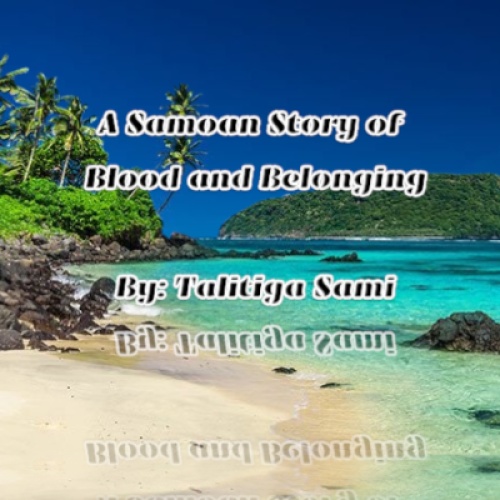Reluctantly, the story began to emerge, pieced together from whispered confessions and averted gazes. The truth was a jagged shard of glass, cutting through the fabric of my perception. My biological father wasn't Toa Samoa, the man who had raised me. It was Motu o Fiafiaga, my oldest brother.
The revelation was a physical blow. I stumbled backwards, gasping for air. My brother? My father? The words echoed in my mind, twisting and distorting into a grotesque parody of family.
My siblings, witnessing my distress, rushed to explain, their voices laced with guilt and sorrow. They told me the story, a tale of forbidden love and unintended consequences. My biological parents were my brother Motu o Fiafiaga and his cousin. My birth mother, deemed unable or unwilling to care for me, had considered drastic measures, even attempting to harm me. She had planned to give me away, to sever the fragile thread of my existence.
My sister, horrified by the situation, fought to protect me. She pleaded with my birth mother to relinquish her rights, to allow them to adopt me as their own. She convinced her that I would be safer, loved, and cared for within the embrace of our family.
And so, I was brought home, a malnourished baby, rescued from a fate I could barely comprehend. My mother, already raising five children, took me in as her own, a testament to her boundless capacity for love.
It was during this time that the seeds of suspicion were sown. A family doctor, observing my features, remarked on my resemblance to Motu o Fiafiaga as a child. The comment sparked a flicker of doubt, a seed of unease that took root in my mother's mind.
She confronted my birth mother, demanding the truth. Under the weight of her grief and guilt, she broke down and confessed, revealing the secret that had been buried for years. Legal adoption proceedings were initiated, formalizing my place within the family, solidifying the lie that had sustained me for so long.
The pieces of the puzzle had finally come together, forming a disturbing and incomprehensible picture. I was a product of incest, a child born from a forbidden union. My identity, my very existence, was built upon a foundation of secrets and lies.
The devastation was profound. I felt different, tainted, unwanted. The shame and hurt consumed me, poisoning my thoughts and actions. I was betrayed, not only by my biological parents but by the people I trusted most, the family who had sworn to protect me.
My siblings urged me to forgive, to understand the complexities of the situation. They told me that their actions were motivated by love, by a desire to protect me from a life of hardship and uncertainty.
But forgiveness felt impossible. The pain was too raw, the wound too deep. I retreated into myself, isolating myself from the family that had become a source of both comfort and betrayal.
I became angry and rebellious, turning away from the familiar embrace of my family to seek solace in the shadows. I craved escape, a way to numb the pain, to silence the voices that taunted me with the truth of my origins. Smoky nights and reckless days became my refuge, a desperate attempt to outrun the pain I couldn't express. I was lost, adrift in a sea of confusion and despair, unsure of who I was or where I belonged.




